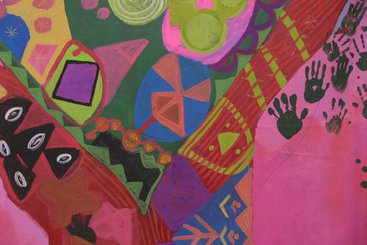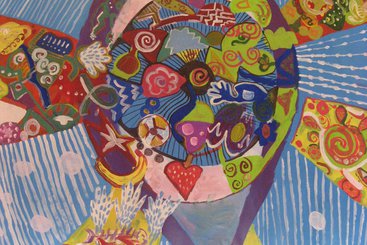This mixed-methods baseline study seeks to shed light on the mental health needs and psychosocial well-being of adolescents, living in project locations in Tanzania.
This ODI Report is focused on identifying the key drivers of mental ill-health and psychosocial well-being among two subgroups of adolescents (those aged 11–15 years and those aged 16–19 years) in two Tanzanian cities: Morogoro and Mwanza City.
In Tanzania – where more than two-thirds of the population are children, adolescents or young adults (aged 0–24) – those facing mental health challenges do not always receive adequate care. This is due to gaps in understanding of mental health and mental illness, where mental ill-health or mental disorders and symptoms are not usually recognised, and so remain largely untreated.
Drawing on a broad range of methodologies, including quantitative psychosocial well-being surveys, in-depth interviews, focus group discussions, family case studies and key informant interviews, this research reveals the key protective factors for mental health and underlying drivers of mental ill-health. The baseline study also delves into mental health coping strategeies of adolescents, as well as the ease of access to services and role of technology. The ODI Report concludes with recommendations for governments, development partners and civil-society organsiations working on adolescent mental health in Tanzania.
This baseline ODI Report has been supported by Fondation Botnar which has granted ODI and our in-country partners — the Tanzanian Training Centre for International Health (TTCIH) and the Center of Research, Information and Services in Psychology (CRISP) at the Vietnam National University, a 2.5-year project. The aim is to address the mental health needs of adolescents in schools, in the community and at the institutional level, in both Tanzania and Viet Nam, through the co-creation and application of digital and non-digital approaches and technologies.






